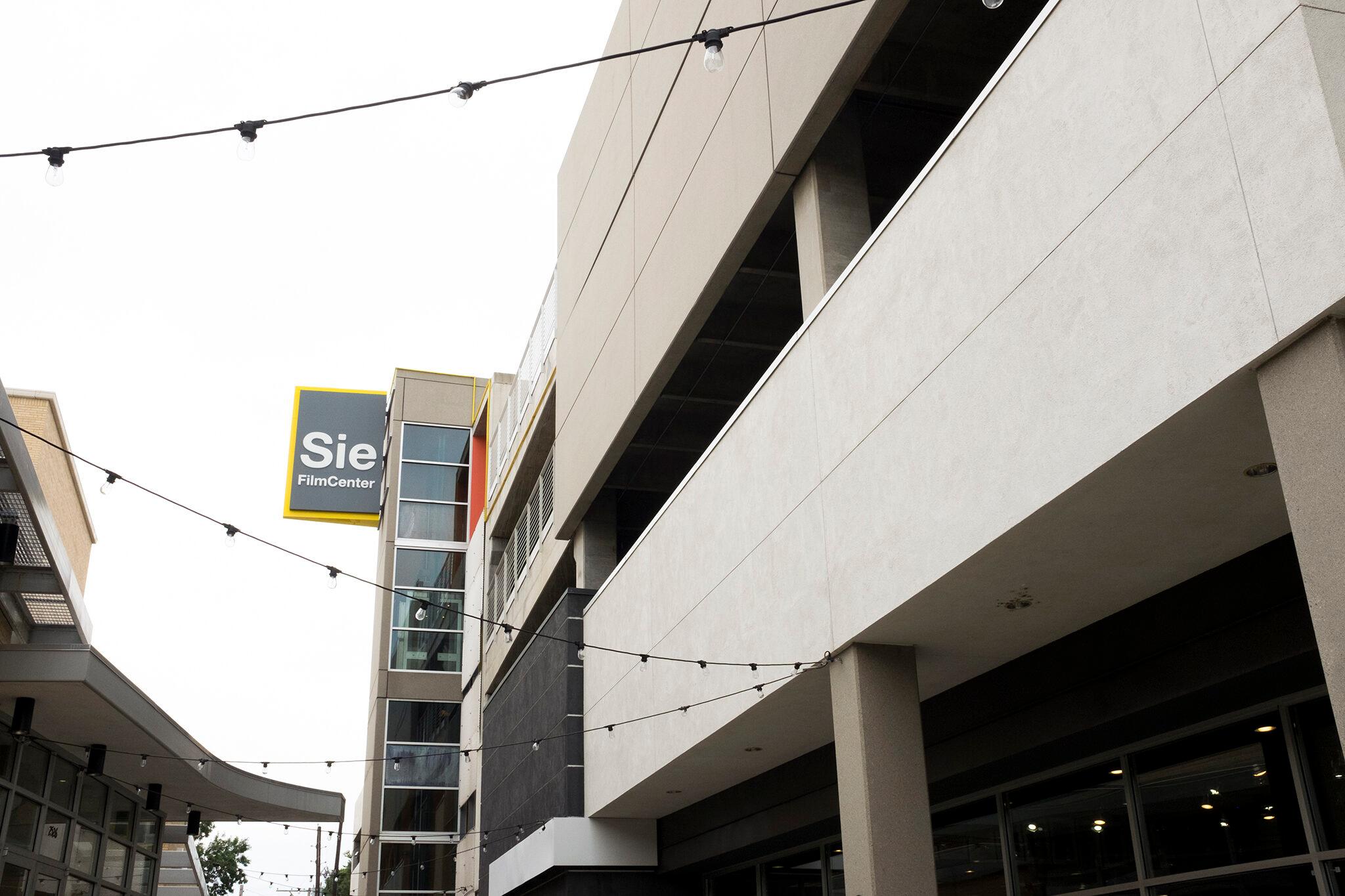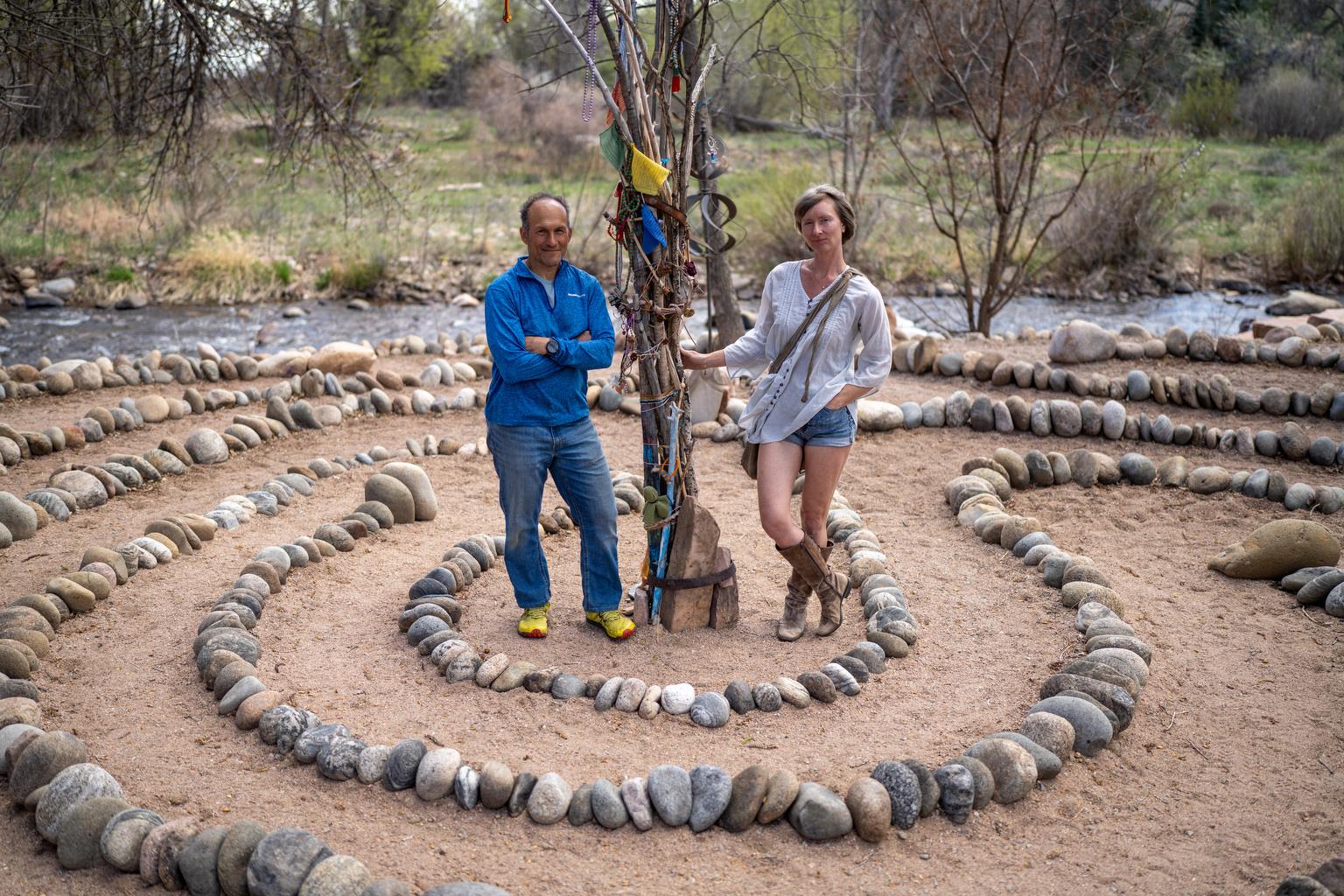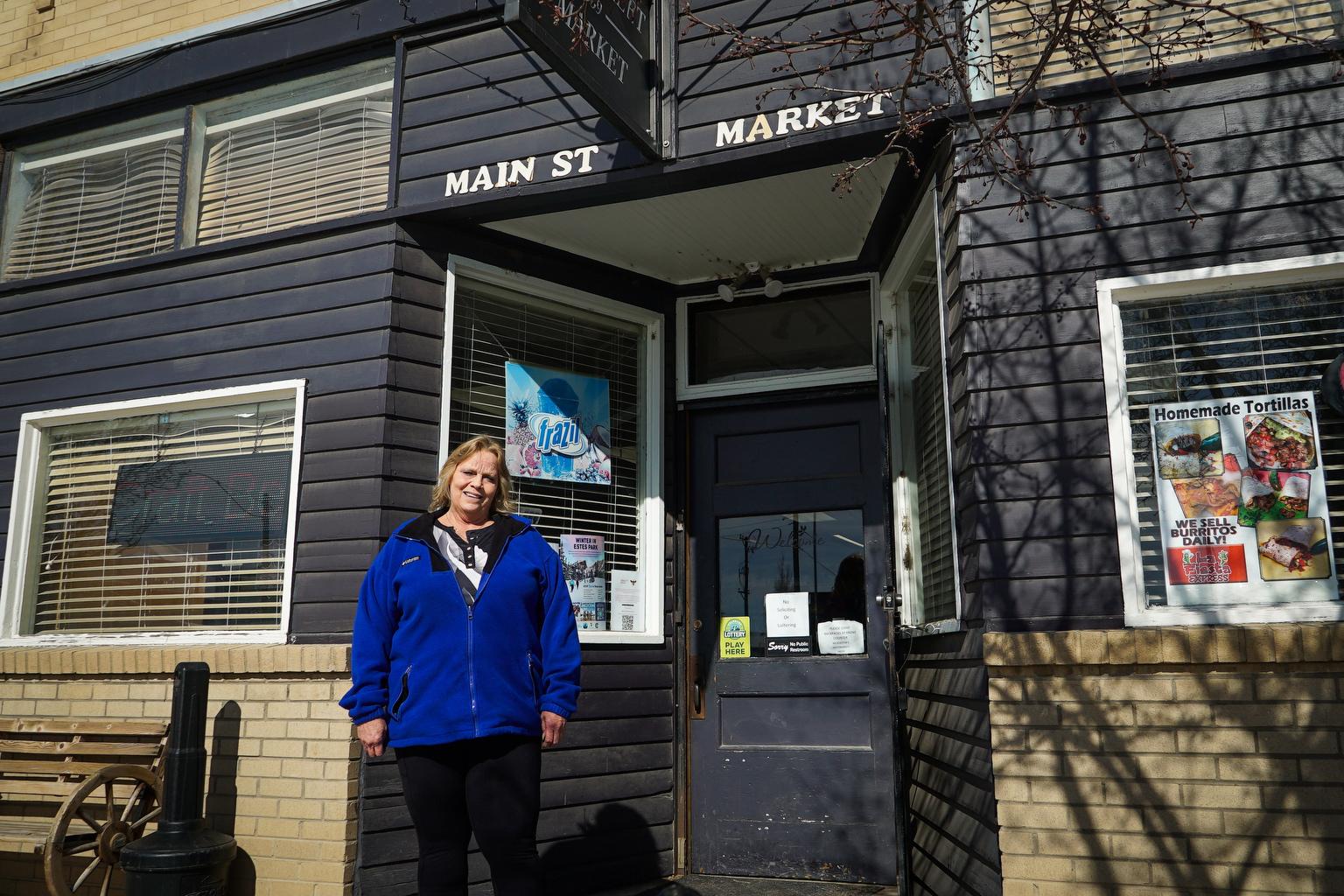
Something is happening this year in Colorado that has never happened before: The Sundance Film Festival is coming to show movies during its festival heyday.
Since its inception in 1978, the Sundance Film Festival in Park City, Utah, has blossomed from a modest event in a ski resort town to a snowy bonanza of movies, stars and parties. It’s an event so big, the local grocery store can barely keep up with the rush on tea supplies and snacks. There are lavish parties where celebrities and patrons have the same dress code: puffy snow jackets, snow boots, sweaters and jeans. Hotel lobbies become landmarks to meet people and charge a phone.
However, the 2021 Sundance Film Festival will look like none other in its history. The coronavirus pandemic has effectively canceled the standard crowded shindigs and never-ending lines into premieres.
In response to COVID-19, the Sundance Institute, which hosts the festival, is taking its show online and throughout the United States, collaborating with independent theaters and organizations to bring a bit of Park City to more than 25 places around the country like Key West, Florida; Honolulu; Wichita, Kansas; San Juan, Puerto Rico; and Denver as part of its new Satellite Screens initiative.
In Denver, Sundance is partnering with Denver Film and the Sie FilmCenter, which had been mostly closed since March when the pandemic began. The Denver Film Festival had to adapt to COVID-19 restrictions back in the fall, hosting its screenings online with a few drive-in special events. Together, Sundance, Denver Film and the Sie FilmCenter are now offering private screenings for up to nine people for a select festival title for $600, which includes popcorn and soda, through the run of the festival through Feb. 3. Proceeds help support the theater while it remains closed.
If you can’t make a private screening, Denver Film is also offering exclusive conversations with filmmakers through the Sundance Festival website.
Brenda Coughlin, the director of engagement and advocacy at the Institute, said the idea to move Sundance to several satellite sites around the country was born out of Sundance’s previous collaborations.
“Sundance Institute does have a long history of working directly with independent cinemas, art houses, and mission-driven cinemas in communities around the United States and around the world,” she said. “We really see them as part of the backbone of supporting independent film artists, which is so close to our mission.”
When the coronavirus pandemic hit the U.S. just after the 2020 festival finished, it meant the Institute had to reimagine what its future would look like.
“As the festival team was really sizing up the implications and consequences of the pandemic in March and April, when we still weren't as clear how things were going to evolve, we already knew that we needed a model that would be flexible and safe,” Coughlin said.
One of the solutions was to turn to film communities where they were, and the idea for Satellite Screens was born.
The concept of off-site screenings isn’t new — many festivals like Sundance and South by Southwest will sometimes host screenings in neighborhoods and towns outside the main scope of the festival so local film fans can watch movies without paying the full cost of attending the festival.
This edition of the Satellite Screens is likely Sundance’s first major simultaneous cross-country event, and it looks different according to each venue. Many are offering free-to-stream talks and discussions with filmmakers and experts in their respective areas. Some venues are hosting outdoor or indoor screenings — or both — with theaters making the decisions based on what’s safe for their community and what local gathering laws are in place.
Matthew Campbell, the artistic director of Denver Film, worked with Sundance to create a lineup of films in the city that would be of interest locally.
“A lot of them have fit very nicely within Denver Film’s year-round branded programming, primarily our Women+Film program and CineLatinx,” he said. “There's also films that are specific or have Colorado topics and connections that we think would be interesting for our audience, including ‘Bring Your Own Brigade,’ which is a documentary about wildfires and proposing a solution to that. The director of that film, Lucy Walker, is an alumni of the Denver Film Festival.”
Campbell said he wanted his version of Sundance to be an eclectic mix of what you could see online.
“We have a film from Brazil, ‘Pink Cloud,’ which has a bit of a pandemic dystopian vibe to it — a deadly pink cloud that is spreading across the globe and it forces people into lockdown. ‘El Planeta’ is sort of a hipster black-and-white comedy from Spain,” he said. “One film that I definitely want to highlight is ‘Jockey,’ and that is the one film that we have that's included in the U.S. Dramatic competition. That would be the most premiere section of Sundance where they give out the grand jury prize award of that competition. I just did a Q&A with the film team yesterday. So, if folks choose to go to that screening, they'll be treated to a pre-recorded Q&A that they'll be able to watch after the film.”
Denver-based animator Joe Cappa is making his Sundance debut with his work, “Ghost Dogs,” a surreal horror short that plays with genre conventions. It’s a project he’s mostly worked on by himself for two years and is based on original characters he created a decade ago. Although making it into Sundance has felt like “a validation” for his work and move to Denver, Cappa wonders if he’s missing out on the Park City experience.
“I think the best thing to come out of this is that Sundance is really being inclusive this year with the pandemic and everything,” Cappa said. “But as far as the experience, it sucks that we won't be there to kind of see what everyone's talking about. But who knows, I probably would have embarrassed myself in front of a celebrity anyway.”
Cappa hopes his Sundance experience will lead to more opportunities. He knows the festival is sharing his work with studios. He said that opening the festival to virtual audiences means it may earn more viewers. Fortunately, because of the festival’s Satellite Screens, Cappa will be able to see it with a live audience. He’s driving to Tulsa, Oklahoma, where his short will play simultaneously at a drive-in and at the Circle Cinema. It might not have been the snowy Sundance he anticipated, but it’s not likely one he’ll ever forget.









